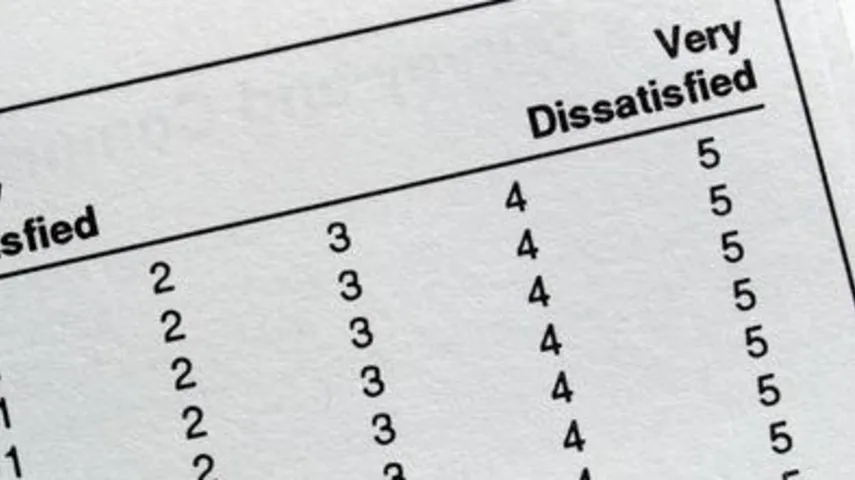Advisers have little faith in ASIC



Financial advisers are sceptical about the corporate regulator’s ability to monitor and prevent malpractice, according to research conducted by CoreData.
More than 49 per cent of advisers surveyed in the wake of the Ripoll Inquiry recommendations last week said they had no confidence in the Australian Securities and Investments Commission’s (ASIC’s) ability to monitor and prevent malpractice and financial product collapses — even with increased powers.
CoreData analyst Kristen Paech said only 1.3 per cent of advisers surveyed were fully confident in ASIC’s ability in the areas described, with less than a third of respondents believing ASIC does a good job in regulating the advice industry.
Opinion was split about whether increased powers granted to ASIC, as recommended in the final report of the Parliamentary Joint Committee (PJC) chaired by Bernie Ripoll, would improve regulation of the financial advice industry.
The survey of 236 advisers was conducted in the second half of last week, after the final report of the Ripoll Inquiry. Sixty-four per cent of respondents were against the abolition of commission payments, while 77 per cent of respondents felt conflicts of interest in the financial advice industry would not be stamped out if the PJC’s recommendations were adopted.
Furthermore, more than half of the advisers surveyed were concerned their professional indemnity costs would rise if the recommendations were adopted.
Recommended for you
Financial advisers will have to pay around $10.4 million of the impending $47.3 million CSLR special levy but Treasury has expanded the remit to also include super fund trustees and other retail-facing sub-sectors.
Recommendations by the FSC around implementing a practicing certificate framework for advisers would be burdensome and add little value for AFSLs, according to SIAA.
The RBA has made its latest interest rate decision at the the final monetary policy meeting of 2025.
AZ NGA has acquired Sydney-based advice and wealth management firm Financial Decisions, allowing its CEO to step back and focus on providing advice.











